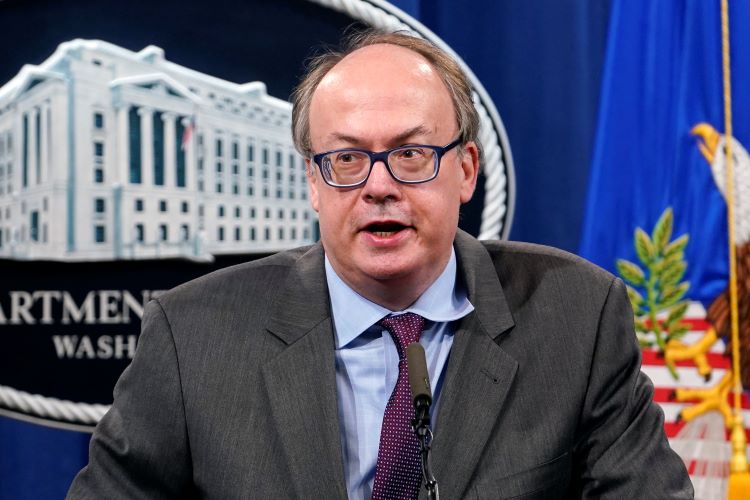Coca-Cola – “Thums Down” on Evidence of Damages in Misrepresentation of Source in Cancellation Proceeding with Unresolved Territoriality Tension | Dorsey & Whitney LLP
We reported here last summer the outcome of Coca-Cola Company’s petitions to cancel the registrations for the above-captioned marks owned by Meenaxi Enterprise, Inc. Meenaxi appealed the TTAB’s decision to cancel the registrations to the U.S. Court of Appeals for the Federal Circuit. The basis for the appeal was that Coca-Cola did not establish a statutory cause of action based on lost sales or reputational injury as required under Section 14(3) of the Trademark Act. Coca-Cola needed to establish its entitlement to a “statutory cause of action under the Lanham Act” by “demonstrating (1) an interest falling within the zone of interests protected by the Lanham Act and (2) an injury proximately caused by a violation of the Act.” In an opinion issued on June 29, the Federal Circuit held that the TTAB erred in its reliance on evidence that was speculative regarding the claim of damages, and reversed the cancellation of the registrations owned by Meenaxi.
There does not seem to be any real question here that Meenaxi’s adoption of the identical trademarks owned by Coca-Cola in India was copycat activity. Nor is there any real question that Coca-Cola’s rights in the THUMS UP and LIMCA trademarks in India and elsewhere outside of the U.S. rise to the level of “famous” trademarks. The primary question is whether the reputation or fame of the marks extended from outside of the U.S. to U.S. consumers such that sales by Meenaxi were presumably riding the coattails of the reputation of Coca-Cola’s marks and thus causing damage to Coca-Cola’s rights. The case did not address the territoriality tension of rights in trademarks owned outside of the U.S. with no established rights in the U.S. and whether such marks are entitled to protection from reputational injury in the U.S. through the Lanham Act.
With respect to the evidenciary issue, the TTAB relied upon the affidavits of two Coca-Cola executives that speculated that Indian-Americans would know of the THUMS UP and LIMCA branded products because of an interest in the goods in the United States by Indian grocers, restaurants and other retail outlets. While third parties imported and sold the THUMS UP and LIMCA branded products in the U.S., Coca-Cola did not make any direct sales of its products except for de minimis sales of its THUMS UP product in Atlanta and Orlando. Additional evidence, such as a consumer survey, would have been helpful, but Coca-Cola also did not rely on a famous-marks exception. “It maintains only that it experienced reputational injury in the United States because (1) members of the Indian-American community in the United States were aware of the THUMS UP and LIMCA marks and (2) Meenaxi traded on Coca-Cola’s goodwill with Indian-American consumers in those marks by misleading them into thinking that Meenaxi’s beverages were the same as those sold by Coca-Cola in India.” It appears that Coca-Cola was not directly making more than de minimis sales of the THUMS UP branded product in the U.S. and that it did not own registered trademark rights in either mark in the U.S. at the time it filed petitions to cancel the registrations for the marks owned by Meenaxi. Notably, Coca-Cola has since filed trademark applications for the marks in the U.S.
Because Coca-Cola did not provide any evidence that U.S. consumers were aware of the brands and could not demonstrate reputational harm or economic injury, the Federal Circuit did not answer the territoriality vs. confusion questions raised in this case. The majority opinion merely stated that “it remains unclear the extent to which territoriality principle applies” to false designation of origin or misrepresentation of source claims, which do not require U.S. trademark rights to bring. The court’s discussion of its decision in the Person’s Co. v. Christman case (Person’s was a well-known retailer in Japan and its attempt to stop a U.S. citizen from producing goods under its marks in the U.S. was unsuccessful because U.S. consumers were not aware of the mark or its underlying products) seems to indicate that even if Coca-Cola had submitted relevant evidence of consumer awareness in the U.S., without established trademark rights in the U.S., the court might not consider canceling a U.S. registration based on reputational damage to foreign marks due to the territoriality doctrine.
Coca-Cola’s pending applications for the THUMS UP and LIMCA marks at the USPTO remain suspended pending the outcome of the cancellation proceedings. Presumably, once the cancellation proceedings are resolved in the TTAB in favor of Meenaxi, these pending applications will be refused registration based upon a likelihood of confusion. How will Coca-Cola respond to the refusal of its applications? Will it instead focus on boxing in Meenaxi’s use and registration of the marks to the U.S. only?







